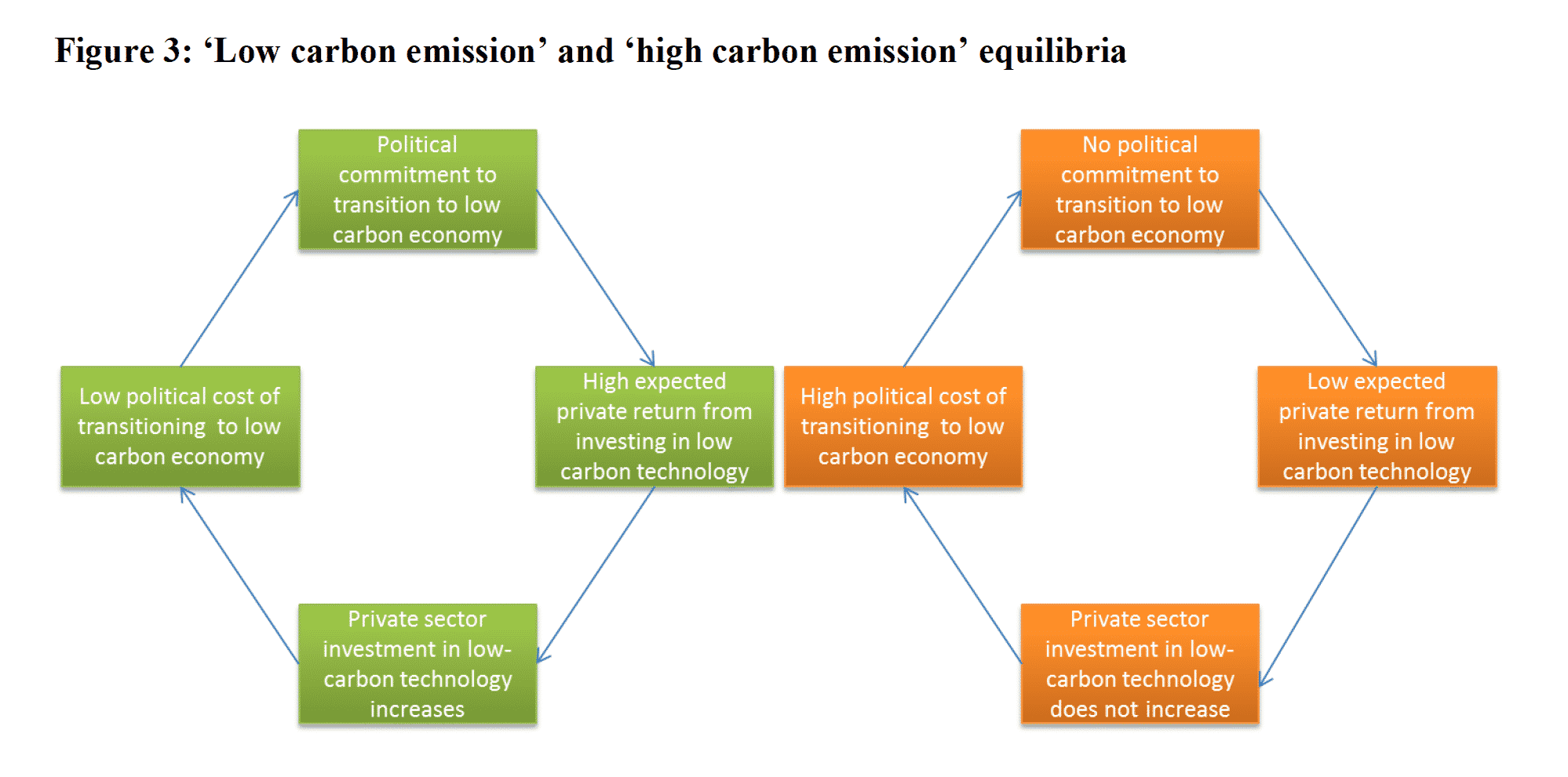“Greening” finance is one of the hot themes amongst regulators and progressive central bankers right now.
Gillian Tett US managing editor of the FT has dedicated an entire section of the world’s leading financial newspaper to “moral money”.
For the insurance industry – a key part of the global financial system as the AIG fiasco revealed – there is every reason to believe that the rise in climate risk is an existential threat.
The risks associated with stranded assets are clearly a real problem, and on the side of climate campaigners, many are counting on fear of stranded assets to put paid to the global coal industry (if not nationalized coal industries) and other fossil fuel sectors to come. The Institute for Energy Economics and Financial Analysis is particularly forceful on this point.
Against the backdrop of Crashed, it was fascinating in this long piece for Foreign Policy to follow the flow of central bankers into the new terrain of green risk management. Of course not all of the central bankers are engaged with the issue. The Fed and the Bundesbank are not at the party.
But even those that are, are engaging climate change through the language and tools of macroprudential management. This provides a handy set of ideas and tools for immediate action. The various models of stranded risk they have developed are both fascinating and horrifying. There is some particularly fascinating work going on inside the Bank of England.

Source: Sandra Batten, Rhiannon Sowerbutts and Misa Tanaka “Let’s talk about the weather: the impact of climate change on central banks” Bank of England Working Paper 603 (2016)
But this macroprudential framing of climate risk also serves to dramatically limit the way in which the climate challenge is conceived.
By treating climate change as an exogenous risk, by refusing to put their own role in the politics of credit-fueled growth at the center of the discussion, the central bankers are effectively side-stepping the basic insight of the anthropocene/capitalocene. For an agency with the power of a central bank to treat anthropogenic climate change as exogenous is to engage in a form of denial.
What the climate emergency demands is not a mealy-mouthed, greenwashed updated of Dodd-Frank, but a “whatever it takes” moment.
In putting this together I benefited enormously from a conversation with Eric Monnet in Paris and from encouragement provided by a group pulled together in London by Mathew Lawrence. Many thanks all around!

